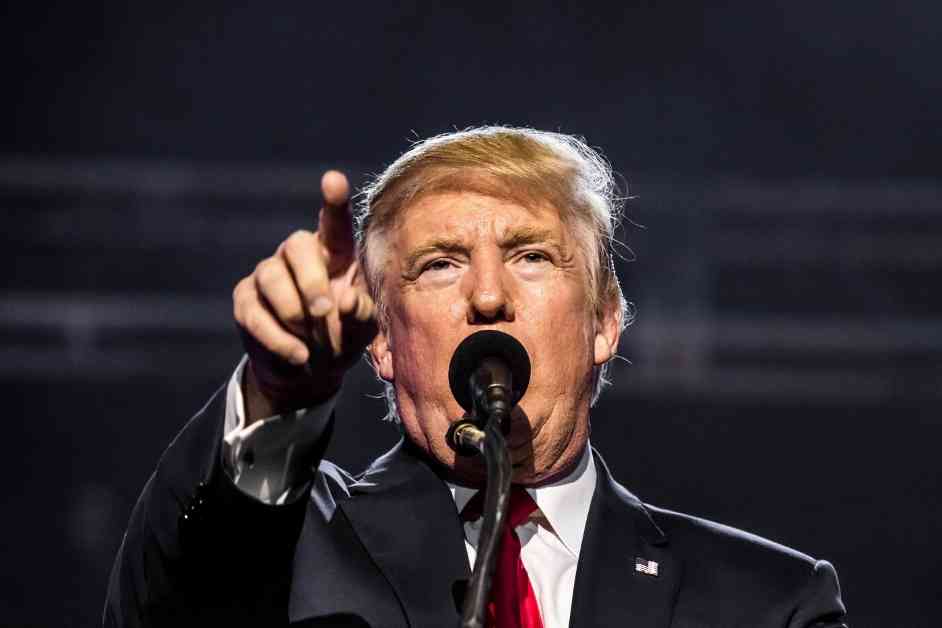Gemini founders, Cameron and Tyler Winklevoss, made headlines recently by donating $2 million in Bitcoin to former president Donald Trump’s campaign. The twins, known for their involvement in the cryptocurrency space, cited Trump’s pro-business and pro-crypto stance as reasons for their support.
This significant donation reflects the increasing intersection of technology, finance, and politics, showcasing the growing influence of digital assets in mainstream political fundraising. With Trump’s campaign now accepting crypto donations, it highlights a shift towards embracing digital currencies as a viable form of campaign contributions.
Tyler Winklevoss emphasized Trump’s favorable stance on crypto and business, criticizing the Biden Administration for its aggressive tactics against the crypto industry. Similarly, Cameron Winklevoss echoed his brother’s sentiments, portraying Trump as a supporter of Bitcoin and cryptocurrencies, aligning with their business interests and regulatory concerns.
Trump’s acceptance of Bitcoin donations from the Winklevoss twins signals a shift in his stance on cryptocurrency. While details on Trump’s cryptocurrency policies during his presidency were scarce, his willingness to engage with the digital asset community through accepting Bitcoin donations contrasts with the current administration’s cautious approach to cryptocurrency regulation.
In a recent meeting at the Mar-a-Lago Club in Florida, Trump discussed the importance of the U.S. taking a leading role in Bitcoin issues with industry experts and executives. With government agencies increasingly scrutinizing digital assets, the Winklevoss twins’ donation to Trump could spark conversations on how political candidates and parties view and incorporate digital currencies into their campaigns.
Overall, the Winklevoss twins’ $2 million Bitcoin donation to Trump’s campaign underscores the growing influence of cryptocurrency in mainstream politics and highlights the evolving stance of political figures towards digital assets. As the intersection of technology, finance, and politics continues to evolve, it will be interesting to see how digital currencies shape future political landscapes and campaign fundraising strategies.

















